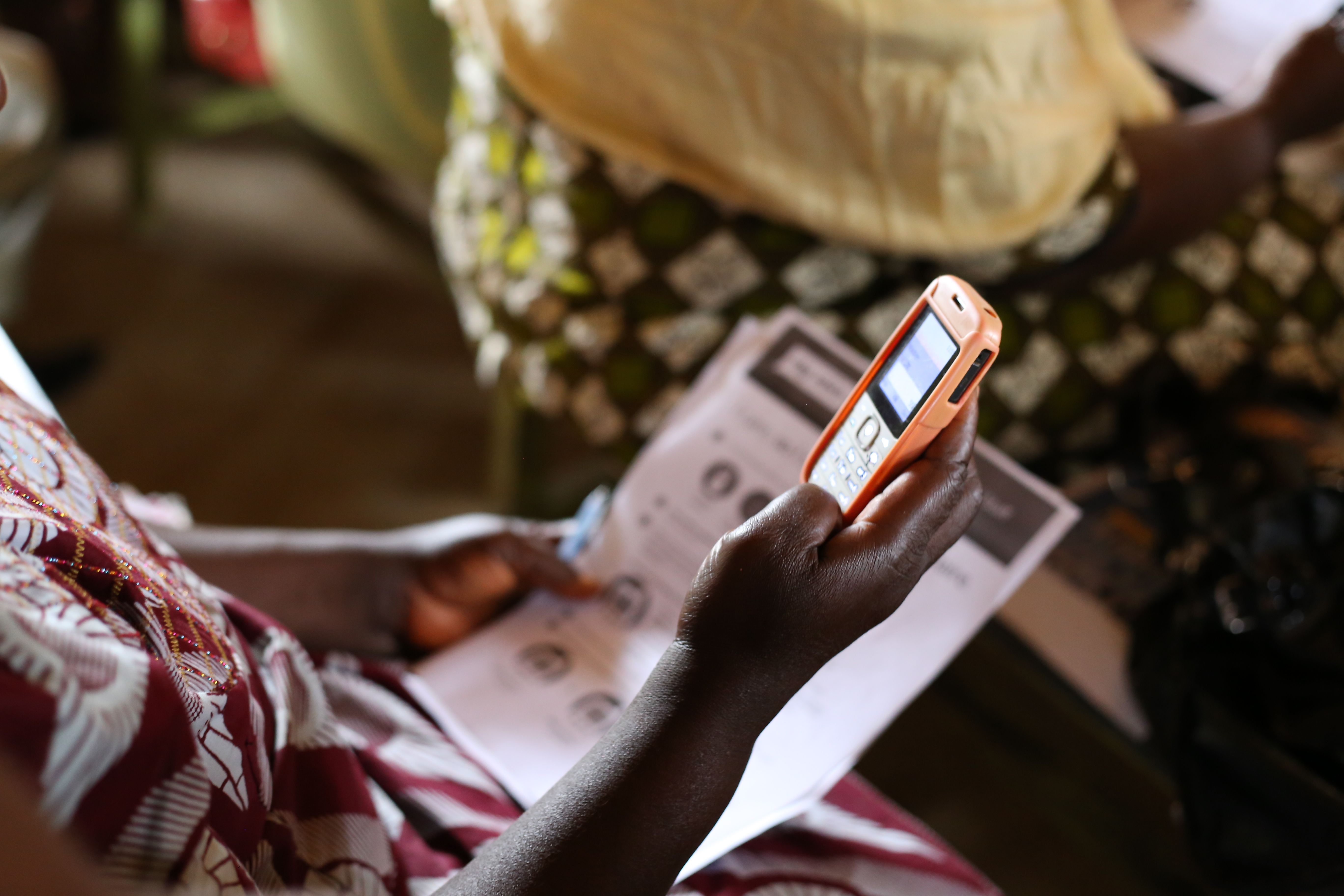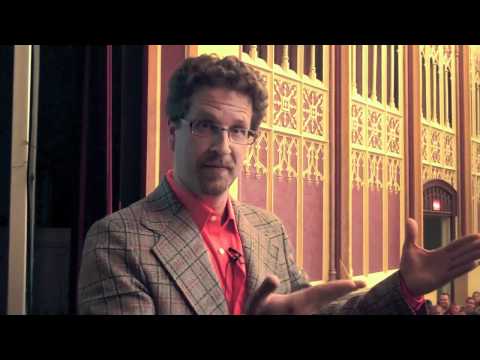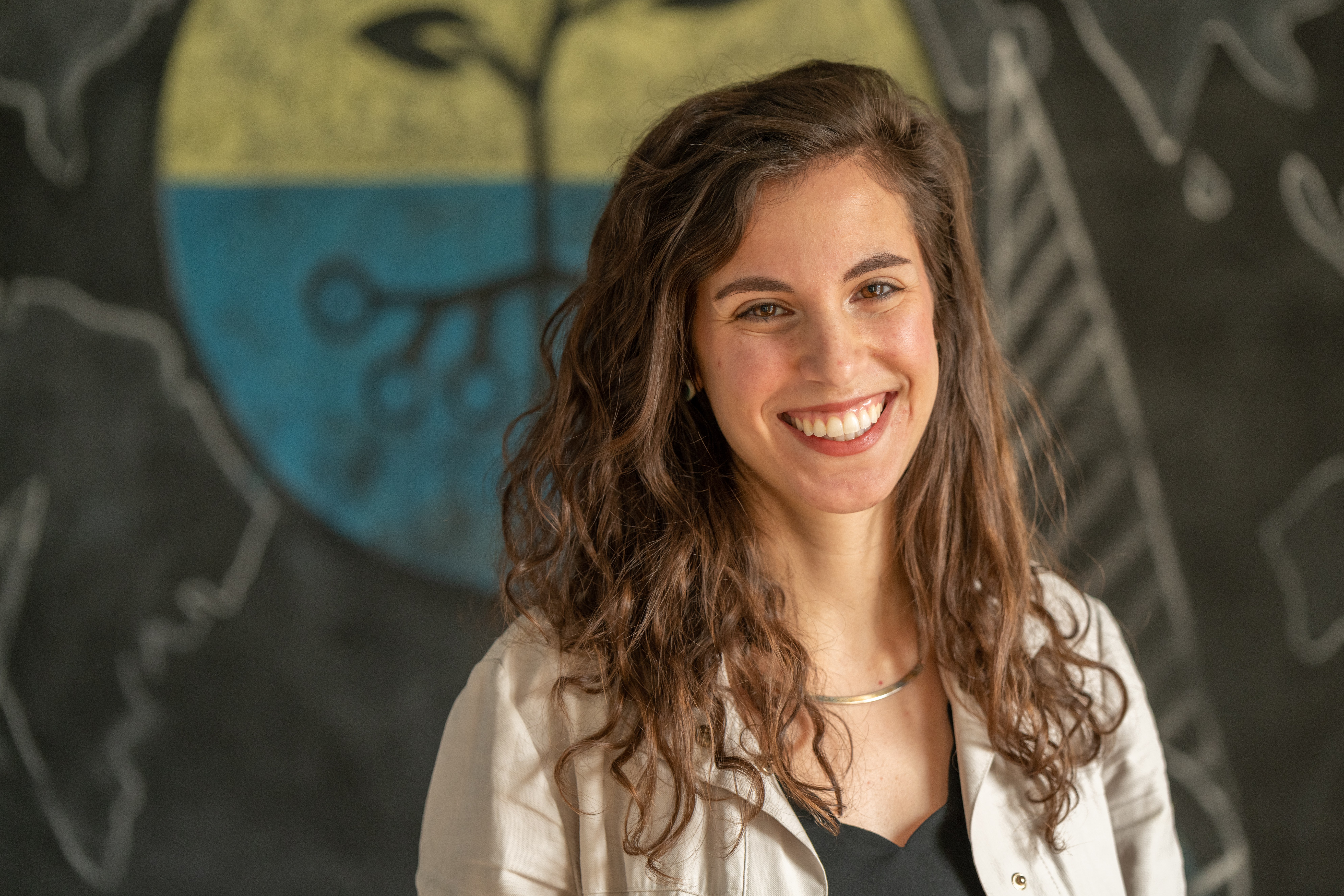Mobile Health: How Far We’ve Come
When I first started in the field of technology for development back in around 2010, I was working specifically in global health tech, and there weren’t too many of us around. The idea of using technology in places besides the developed world was just starting to gain traction, and even then, it was limited to mostly technologists and a few health experts. Pilotitis was infecting everyone, and every project I worked on for the first few years was a pilot of some sort, with no solid plan to move beyond that stage. The focus was on finding tools and concepts that showed evidence of working, although that ended up being a more difficult task than everyone expected!
Recognizing this, the mHealth Alliance (formerly part of the United Nations Foundation) created programs to incentivize all the many organizations out there to move past the pilot stage and begin exploring how to scale their projects, and eventually other organizations followed suit. Even then, though, the health field at large was still a bit unsure about how to treat digital interventions, especially in terms of evaluation. Do you measure the success of an SMS stock monitoring tool by just counting how many times it was used, or do you count the many patients who were treated using those very drugs kept in stock? Is there even one right way to measure it?
Additionally, nobody could really agree on what terms like “scale” and “sustainability” meant for mobile health tools. It wasn’t until more recent years that the space has truly started to embrace that the definition of “scale” and “success” varies for each project, and that planning for sustainability is paramount for a mobile health product to truly make an impact.
These days, among many lessons learned, it’s widely recognized that like any technology, mobile health tools are great for targeted usages, but at the end of the day, they are just tools that cannot solve problems on their own. Even the sleekest vaccination reminder system, for instance, must be accompanied by an equally well-run vaccination program for it to really benefit a community.
The mobile health community, additionally, has expanded significantly to include a wide variety of experts and crossover roles, from doctors to designers and software developers to supply chain experts. This has contributed to an increasingly holistic view of mobile health, rather than the siloed space that it once was – which is a good thing! The more perspectives you incorporate into projects, the more likely you are to come up with a truly innovative and engaging product.
Looking Forward in Mobile Health
It’s hard to say what the next big breakthrough in mobile health will be, but we’re already starting to see a rise in the number of projects that incorporate more advanced technologies like sensors and wearables alongside mobile phones. These types of additions have the potential to reduce the amount of time and resources needed to activities that currently serve as barriers to access and utilization of health services. We’re still figuring out how these sorts of tools can be best incorporated into healthcare, even in the western world, but we’re making progress. The UNICEF Innovation team even just began testing the usage of drones to speed up the process of testing infants for HIV, which brings a whole new meaning to the concept of “mobile” health tools!
Personally, I think that the biggest changes coming ahead in the near future will not be so much in the tools themselves, but rather in how we use existing tools. With the rise of patient records and other consolidated data sources around the world, I think we’ll soon be seeing a bit more of personalized medicine in the developing world, which will help bring customized care to places where it otherwise would have been difficult to provide. Similarly, better data analytics will lead to smarter interventions – for instance, we’ll have a much better sense of exactly what types of diagnoses are prevalent in specific areas, and thus be able to better support clinicians with their precise needs. And it may sound crazy, but if you want to really look ahead, I do think we’re much closer than you’d imagine to our futuristic vision of robots supporting clinics in hard-to-reach areas. The technology for that exists; it’ll just be a matter of finding ways to make it affordable, accepted, and safe enough to use! That would open up all kinds of new doors to allowing patients with mobile phones to directly connect to their healthcare.
Regardless of what the future holds, one way that you can be prepared to participate in it is by learning more about the space at large, which is why the TechChange Mobile Phones for Public Health course is such an exciting resource! I look forward to meeting the students taking it and seeing the kind of impact they’re able to create.
About the Author
Priyanka Pathak is a technologist and digital designer whose work focuses on co-designing and co-creating technologies for social impact, especially in global health and STEM education for women. Currently, she is a Senior Designer at the Design Impact Group at Dalberg. Previously, Priyanka worked as an ICT and Innovation Specialist at the World Bank, in addition to having taught courses around design, technology, and social good at Parsons the New School and the Copenhagen Institute of Interaction Design. Priyanka holds a masters




